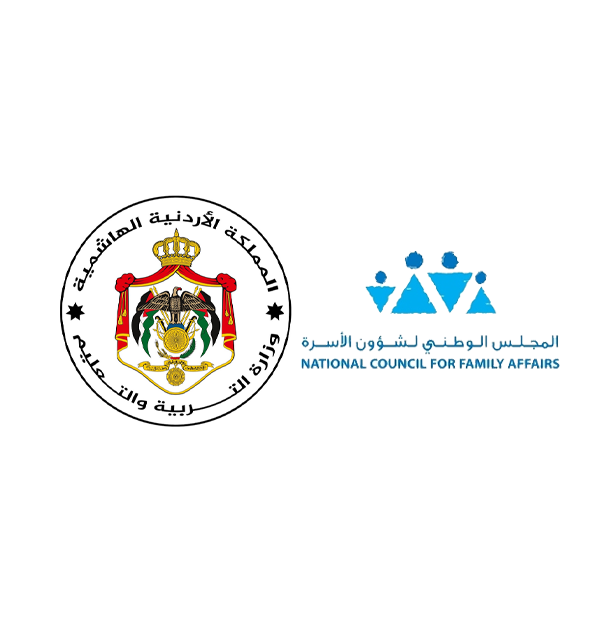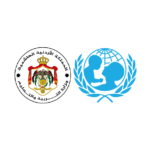The Ministry of Education’s Internal Procedures Manual for Dealing with Cases of School Violence, Family Violence and Child Protection.

Background: Based on the role of the Ministry of Education as one of the national institutions concerned in protecting the students and their families, and responding to cases of violence through its administrative units (Schools, principals, teachers, educational counselors and safe school environment councils’ members), and its effective role in promoting community cohesion within a set of positive social values that enhance the status of the students and protect them.
The National Council for Family Affairs in partnership with the Ministry of Education and UNICEF have implemented in Phase One of this project “Procedural Guide for Dealing with Cases of GenderBased Violence, Domestic Violence and Child Protection” manual as the first specialized procedural manual for Ministry administrative units who deal with different cases of violence, and ensures the ease of procedures, sequence and follow-up mechanisms, and determines the roles and responsibilities of staff in these administrative units at all levels, and their relationship with all partners who deal with cases of violence The Ministry of Education’s Internal Procedures Manual for Dealing with Cases of School Violence, Family Violence and Child Protection contributes to the integrated response to violence.
To complete this project, The Training Manuel has been prepared by Ensan to standardizing the training methodologies and reaching a common and unified understanding of all employees in the Ministry of Education. In dealing with violence cases, Ensan conducted a Train of Trainers Training Program (TOT) for the training Core team and for those concerned in the Ministry of
Education.
The (TOT) course was held for (30) training days (6 hour/day) distributed to three different groups at a rate of (15) participants in each group for (10) training days in every region in the Kingdom of Jordan (north, middle, south).



